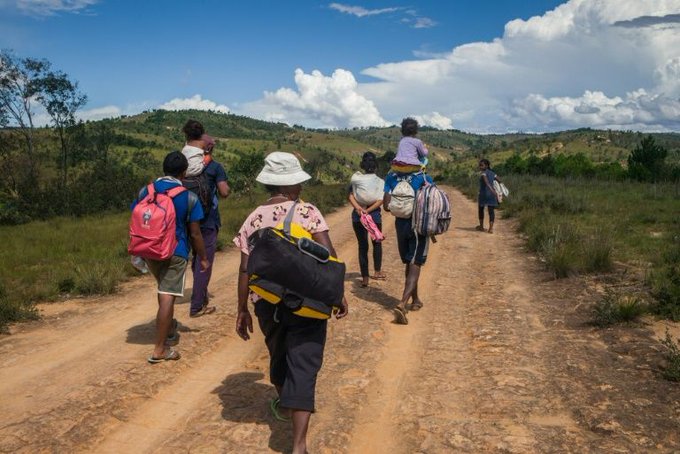By Habakkuk Trust Information
Rural communities have been plunged into vulnerability following the nationwide lockdown to combat the COVID-19 global pandemic. The lockdown comes at a time when most rural households are struggling with the effects of the drought.
Most rural communities rely on subsistence farming but due to successive dry spells owed to climate change-induced drought, they have not harvested much.
Some rely heavily on cross border transporters popularly known as ‘Omalayitsha’ for basic commodities sent by their relatives in neighboring South Africa and Botswana.
However, the closure of borders as a result of the lockdown is likely to have a huge impact on community members whose livelihoods were largely dependent on diaspora remittances.
Local retail shops will not be spared in the fight against the deadly pandemic. Some are already forced to charge exorbitant prices, milking the already vulnerable communities. Most of these shops get their supplies from neighboring countries. However, the closure of borders is likely to make it difficult for them to restock. They cannot even get their supplies locally because of travel restrictions.
Some rural shops will soon run out of the basics and fail to restock as a result of the lockdown. Relatives in the City are struggling to send mobile money as most rural retailers do not accept it and those who accept are charging exorbitant prices that are not affordable to many. Most shops are even insisting on rands, pulas, and USD as the mode of payment. The closure of entry points has left communities with limited options but to buy commodities at inflated prices.
The government should, therefore, ensure that in the midst of the fight against COVID-19. Vulnerable communities are provided with food and basic commodities to avoid loss of life due to hunger.






